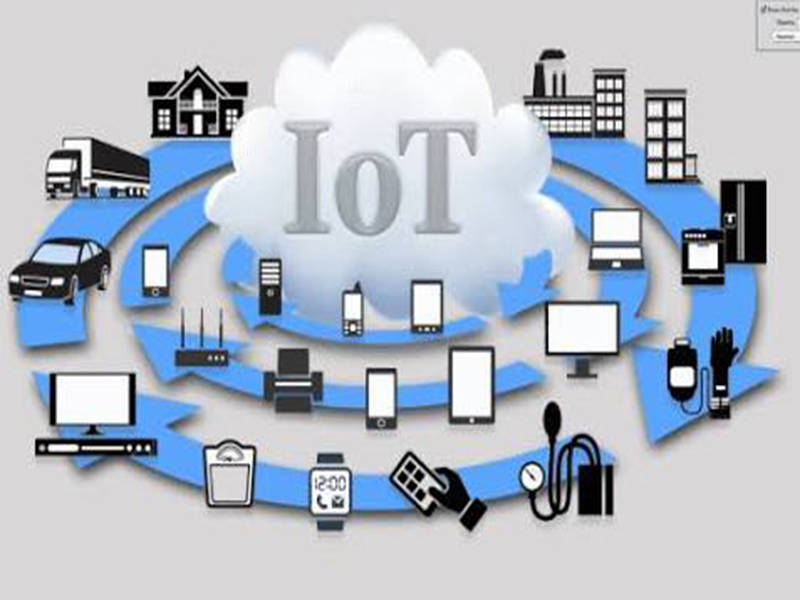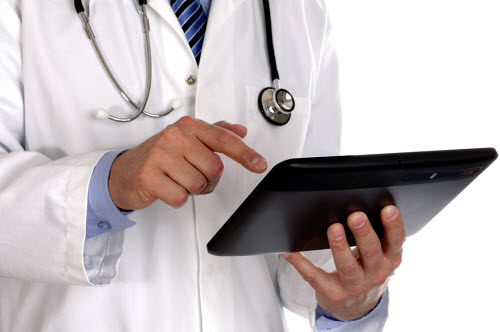The combination of IoT with start-ups in insurance cases is rapidly multiplying. Insurance significantly affects the development of IoT, and the Internet of things in turn can effectively affect insurance.
Key Iot trends of 2018
250 years have passed since James Watt filed his first patent in 1769. We managed to achieve dramatic changes in the innovative industrial revolution. Due to the evolution of ecosystems, the wave of innovative products will be revived in the future. According to HAX Hardware Trends, which analyzed more than 200 startups, 6 key factors influencing the development of IoT were identified, which in the coming years will significantly affect the life of mankind.
General trends
If for us the revolutionary breakthrough was the emergence of the Internet, then we can say that this was only the beginning. In the world thousands of products are invented, specialties and sciences are opened: all this is influenced. Investments start-ups increased by more than $ 100 million.
A.I everywhere – we call it machine learning, it can be observed in products, healthcare technologies, enterprise solutions, service technologies. The combination of IoT with start-ups in insurance cases is rapidly multiplying. Insurance significantly affects the development of IoT, and the Internet of things in turn can effectively affect insurance.
Revision of consumer devices -Information is new electricity
The labor market and many areas of activity are growing and segmented. The products are reinvented with the introduction of innovative technologies. These  developments become intelligent, specialized, personalized. They adapt to our unique characteristics.
developments become intelligent, specialized, personalized. They adapt to our unique characteristics.
For example, “smart house” consists of their many autonomous components. As for voice services, Amazon Alexa, Google Home, Apple Siri and Microsoft Cortana, they do not stand still: they are able to provide a reliable platform for the ecosystem of devices to become more usable.
Crowdfunding – the main continuous channel, providing the launch of new products, many creators of large projects use it.
In addition, healthcare technology is expanding: from the establishment of the diagnosis to the recovery of the patient.
Data the new blood
Digital therapy not only complements, but also rapidly competes with pharmaceutical drugs. Thanks to the new devices, it is possible to determine the physical and psychological conditions of the patient. The health system is developing from reactive care to P4 Medicine, and this is: prevention medicine, prognosis and joint medicine.
CEO of Johnson & Johnson, Alex Gorsky, suggested that this would be the “Health Epoch”. Maybe because the relationship between health data and devices is very important to us. As Duncan Turner, director of the HAX, said: “It is better to sacrifice your data than to sacrifice an organ.”

 The survey involved the participation of 220 physicians. It was held at a recent medical conference at which the vast majority of participants said that mobile technology such as smartphones in their offices has changed the way visits occur. This applies both in the case of
The survey involved the participation of 220 physicians. It was held at a recent medical conference at which the vast majority of participants said that mobile technology such as smartphones in their offices has changed the way visits occur. This applies both in the case of 